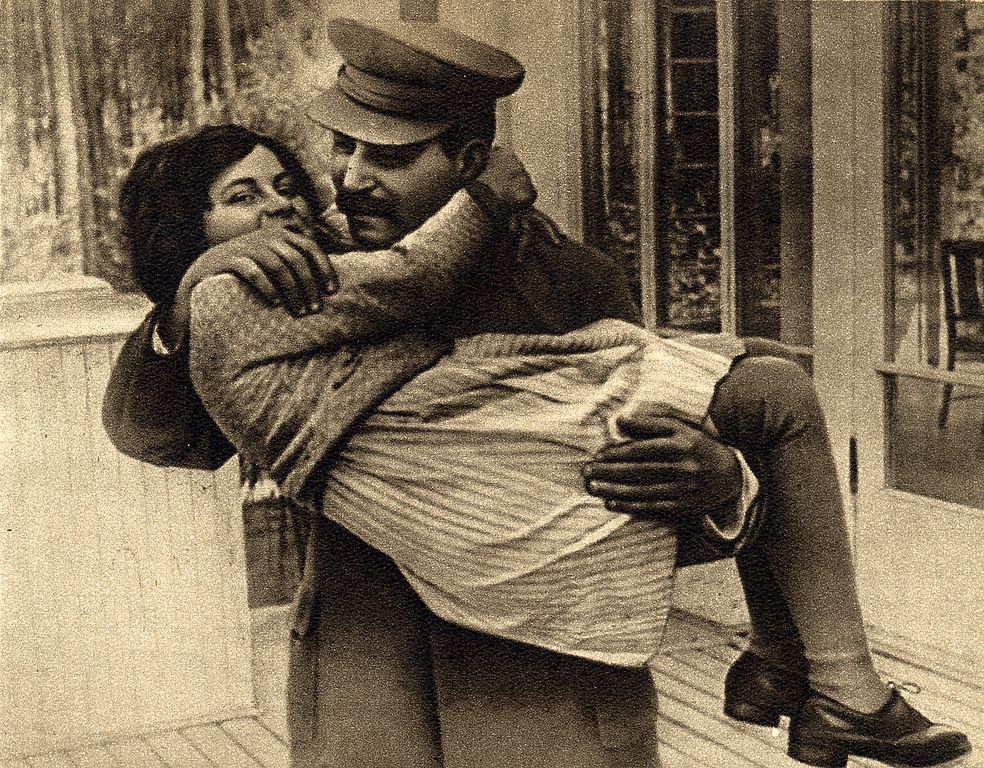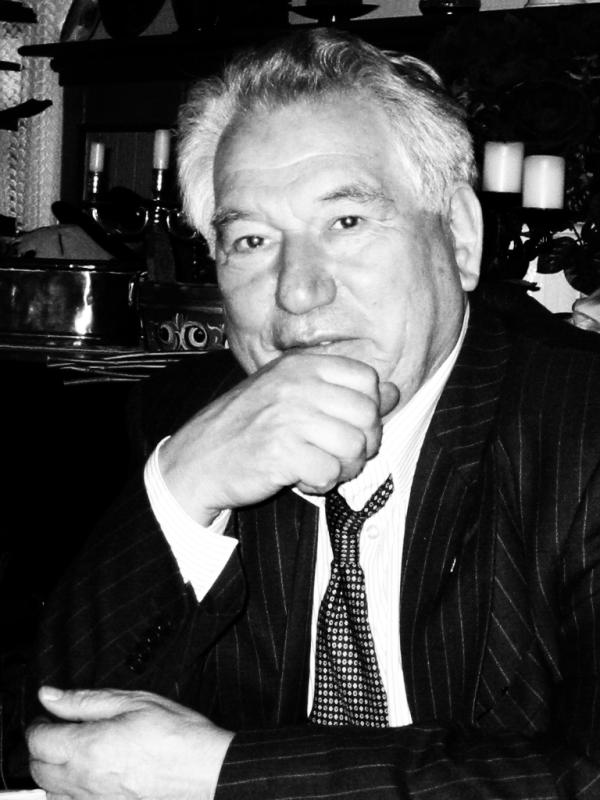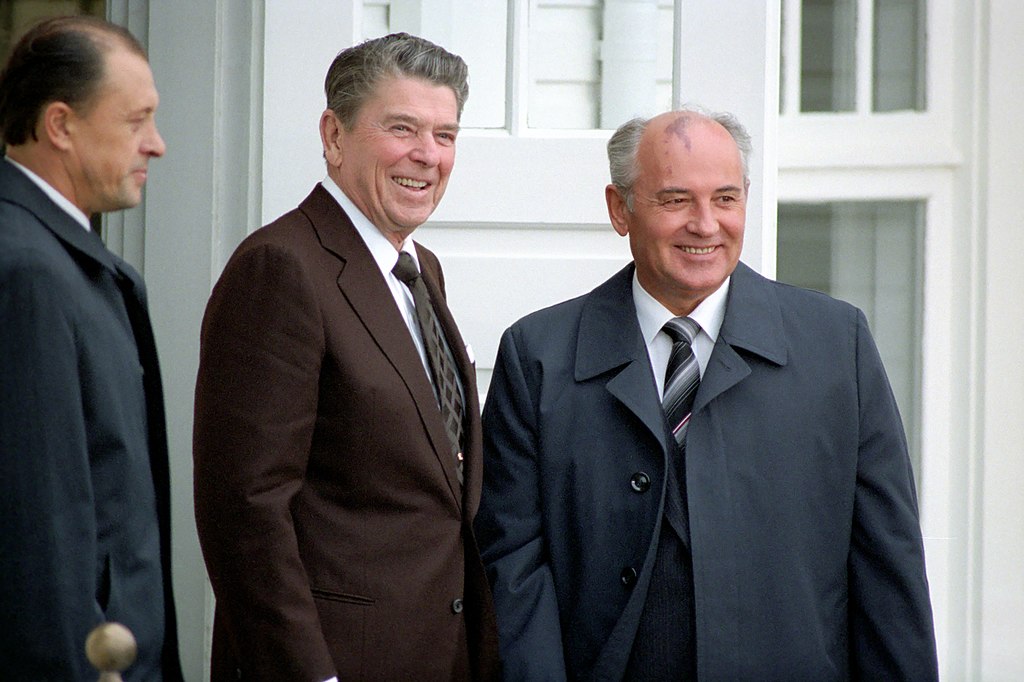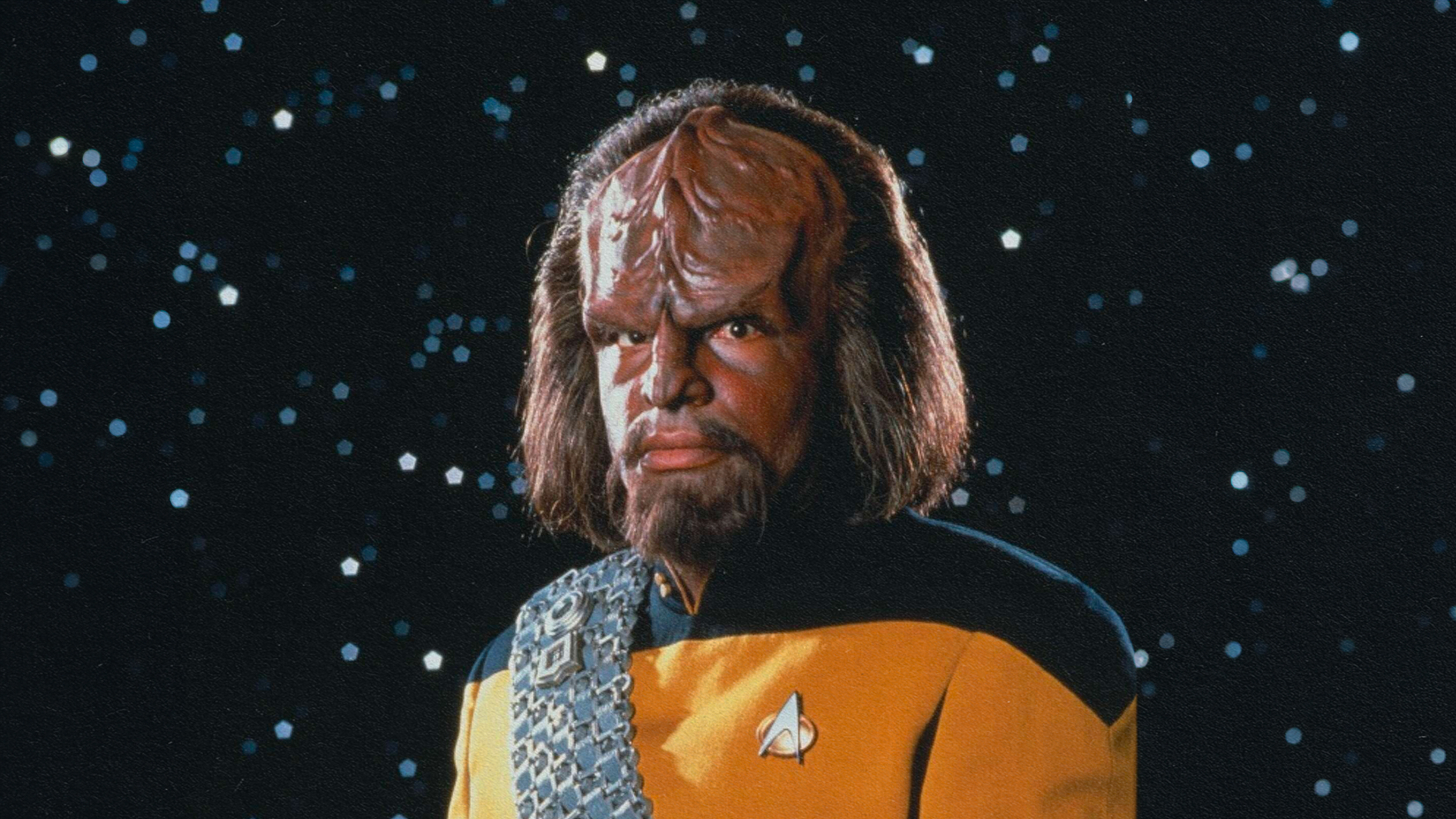Did Stalin really pluck a live chicken to show how he controlled the masses?

- There are numerous anecdotes illustrating the cruelty and carelessness of Joseph Stalin.
- One of these holds that the dictator once plucked a live chicken to show how easy it was to control subjugated people.
- Assessing the validity of this story, like many others, warrants a crash course in Soviet history.
There’s a popular anecdote about Joseph Stalin that goes as follows. One day, the dictator of the Soviet Union told his closest advisors that he would show them how easy it was to control a person that had already been subjugated. He brought in a live chicken, which he then proceeded to pluck until it was naked and bleeding.
“Now, watch where the chicken goes,” Stalin said as he put it on the ground. Finally freed from its torturer’s grasp, the chicken wasted no time getting away. However, when it failed to find an exit, it readily returned to Stalin and attempted to warm itself between the dictator’s legs. Stalin then took out some grain from his pocket, which he fed to the chicken.
The chicken ate the grain despite the pain. When Stalin started to walk around the room, the chicken timidly followed, leaving a small trail of blood wherever it went. “So, you see,” Stalin said to his advisors, smiling. “People are like chickens. You pluck them, and then let them go. Then you can control them.”
This simple, sinister anecdote has been around for many years. During the Cold War, it was frequently cited by journalists as proof that the Soviet government relied on fear to keep their population under control. Today, conservatives sometimes share the same story on social media as part of a more questionable effort to warn against the dangers of socialism.
However, like many things shared on social media, there is little to no evidence that the events described in this anecdote actually happened. Consequently, the anecdote should be interpreted not as an example of Stalin’s cruelty, but a testament to how difficult it is to distinguish fact from fiction when you’re talking about controversial periods or people.
Fact or fiction: Joseph Stalin
Given all the other anecdotes we have been told about Joseph Stalin, the chicken story seems perfectly plausible. When questioned about the Holodomor, a state-sanctioned famine that led to the deaths of nearly four million Ukrainians, Stalin is believed to have said: “One death is a tragedy, a million deaths is a statistic.”
In a 1988 interview, the Soviet playwright Mikhail Shatrov implied that Stalin’s second wife, Nadezhda Alliluyeva, had committed suicide after being viciously berated by her husband during a dinner party. Other accounts claim that Stalin heard the gun go off in the anteroom, but kept on partying as if nothing had happened.

When Stalin’s son Yakov was denied permission to marry the daughter of an Orthodox priest, he attempted suicide by shooting himself in the chest. According to Stalin’s own daughter, Svetlana, the dictator was displeased to hear that the bullet had narrowly missed his son’s heart. His response: “The boy can’t even shoot straight.”
In truth, many of these tall tales turn out to be false, embellished, or unverifiable. According to Moscow Times journalist Julia Solovyova, Russian historians were unable to find evidence for Stalin’s comment on the Holodomor. Later, it was discovered that the quote had been wrongly attributed to Stalin, and actually belonged to a French diplomat instead.
Similarly, historian Oleg Khlevniuk describes the uncertainty surrounding the circumstances of Nadezdha’s suicide: “Perhaps Stalin drank too much and started openly flirting with some of the wives. Perhaps Nadezhda was simply in a bad mood or Stalin said something hurtful to her. Or perhaps she was the one who provoked an argument.”
Retracing the origins of the chicken story
Upon closer inspection, the chicken anecdote seems to fall apart as well. Of the hundred or so biographies that are available online, not one discusses the incident. The first and only mention of it that Big Think was able to find is in a book titled Have the Mountains Fallen? Two Journeys of Loss and Redemption in the Cold War by journalist Jeffrey B. Lilley.
The book isn’t so much concerned with Joseph Stalin as it is with Chinghiz Torekulovich Aitmatov, a Kyrgyz author whom the fact-checking website Snopes credits with popularizing and possibly even inventing the chicken story. As mentioned by Lilley, Aitmatov first heard the “apocryphal tale” from one of the elders in his home village of Sheker, not long after Stalin’s death in 1953.

Had the same story been told when Stalin was still alive, the elder might not have lived to see another day. While in power, Stalin worked tirelessly to build and maintain a savior-like image, and slandering his name was punishable by death; during World War II, the poet Aleksander Solzhenitsyn was sentenced to the gulag for questioning Stalin’s military decisions.
After Stalin’s death, however, criticism of the fallen leader was briefly encouraged. In 1956, his successor, Nikita Khrushchev, delivered a speech condemning Stalin as a “sickly suspicious” individual whose paranoia and terror sanctioned “the most brutal violation of socialist legality.” A new period of de-Stalinization was ushered in, and unsavory stories of the dictator’s cruelty spread like wildfire.
The validity of these stories proved difficult to ascertain. Stalin’s rule, which had resulted in the deaths of millions of citizens, left not a single unbiased storyteller, and the long-awaited absence of persecution may well have caused imaginations to run wild. On top of that, the secrecy with which Stalin had surrounded himself while in power made fact-checking almost impossible.
Stalin’s cult of personality endures
The validity of the chicken story in particular has been called into question due to the nature of Aitmatov’s writing, which an obituary published by Reuters described as “elliptical” and “allegorical.” The author frequently explained historical events by identifying parallels with myths and legends, giving his work a larger-than-life feel that evidently carried over in his depiction of Joseph Stalin.
According to Lilley, this depiction may have been politically motivated. Aitmatov wrote about it during the early days of the Gorbachev administration, whose “glasnost and perestroika” campaign tried to steer the Soviet Union into a more humane direction, one where criticizing the party or its violent past would no longer cause you to end up in prison.

Once again, the legacy of Stalin was recontextualized, and everyone seemed to have a different opinion. Mikhail Gorbachev, in spite of his progressive lawmaking, proved unwilling to denounce his predecessor. What bothered him weren’t Stalin’s crimes against humanity, but the fact that Russia’s enemies routinely used him as a means “to discredit the Soviet Union and socialism as a whole.”
Aitmatov disagreed vehemently. “Only now,” he exclaimed in 1987, “have we begun to free ourselves from being slaves of the personality cult.” As the Soviet Union’s power on the world stage began to dwindle, some Soviet citizens — especially the older ones — were growing nostalgic for Stalin’s strongman rule and the deadly force it represented.
The Kyrgyz author, whose family, country, and culture had suffered greatly under that same rule, considered this to be a great danger. The way he saw it, Gorbachev’s tolerance presented an opportunity to finally rid the Russian people from Stalin’s brainwashing. This, Aitmatov believed, had to be done by any and all means necessary, and it may have inspired him to edit and spread the chicken story.





